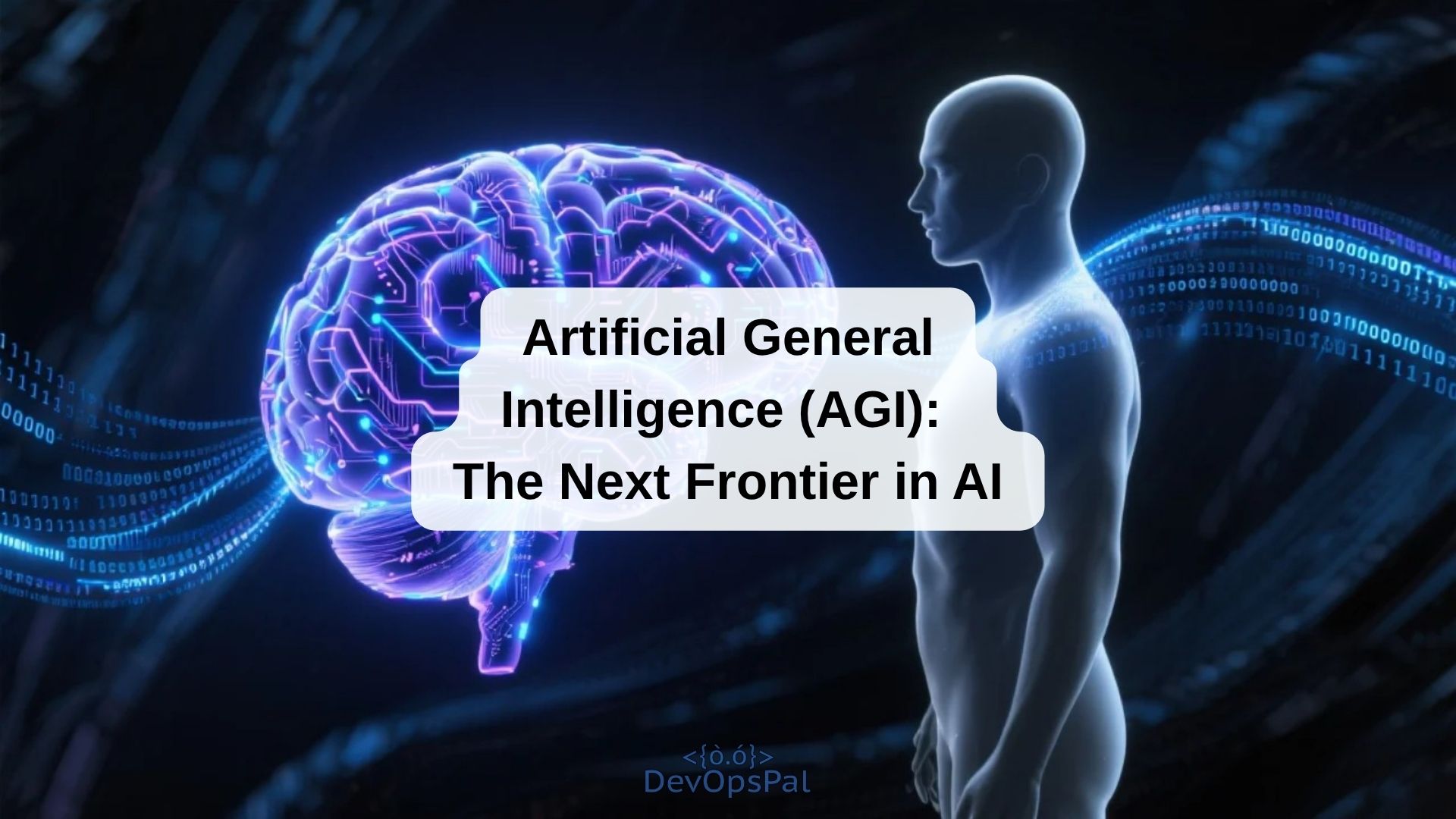Artificial General Intelligence (AGI) is one of the most ambitious and intriguing goals in the field of artificial intelligence. While today’s AI systems excel at specific tasks, AGI envisions machines that can understand, learn, and apply knowledge across a wide range of activities—just like a human. The pursuit of AGI has the potential to revolutionize every aspect of society, but it also raises profound technical, ethical, and philosophical questions.
What is AGI?
AGI refers to a type of AI that possesses general cognitive abilities. Unlike Narrow AI, which is limited to specific tasks, AGI would be capable of reasoning, problem-solving, learning, and adapting in any context. In other words, AGI would have the flexibility and versatility of human intelligence.
Imagine an AI that can not only play chess at a grandmaster level but also write poetry, diagnose medical conditions, drive a car, and hold a meaningful conversation—all without being specifically programmed for each task. That’s the promise of AGI.
How Close Are We to AGI?
Despite significant advances in AI, AGI remains a theoretical concept. Current AI systems, no matter how impressive, are still fundamentally narrow. They rely on large datasets, specialized algorithms, and significant human oversight. Achieving AGI will require breakthroughs in areas like:
- Transfer learning (applying knowledge from one domain to another)
- Common sense reasoning
- Abstract thinking
- Emotional intelligence
- Self-awareness
Researchers are exploring various approaches, from brain-inspired neural networks to entirely new computational paradigms. However, there is no consensus on when—or even if—AGI will be achieved.
Potential Benefits of AGI
If realized, AGI could bring about unprecedented advancements:
- Scientific Discovery: AGI could accelerate research in fields like medicine, physics, and climate science.
- Automation: AGI could automate complex tasks, from legal analysis to creative writing.
- Problem Solving: AGI could tackle global challenges, such as disease, poverty, and environmental sustainability.
Risks and Challenges
The development of AGI also poses significant risks:
- Control and Alignment: Ensuring that AGI systems act in accordance with human values and interests is a major concern.
- Job Displacement: AGI could automate a wide range of jobs, leading to economic and social disruption.
- Ethical Dilemmas: AGI raises questions about consciousness, rights, and the nature of intelligence itself.
- Existential Risk: Some experts warn that misaligned AGI could pose a threat to humanity.
The Path Forward
The journey toward AGI is as much about philosophy and ethics as it is about technology. Researchers, policymakers, and society at large must work together to ensure that AGI, if achieved, is developed safely and responsibly.
Conclusion
Artificial General Intelligence represents the next frontier in AI research. While we are still far from realizing its full potential, the pursuit of AGI challenges us to rethink what it means to be intelligent, creative, and human. As we move forward, it’s essential to balance ambition with caution, ensuring that the future of AI benefits all of humanity.

